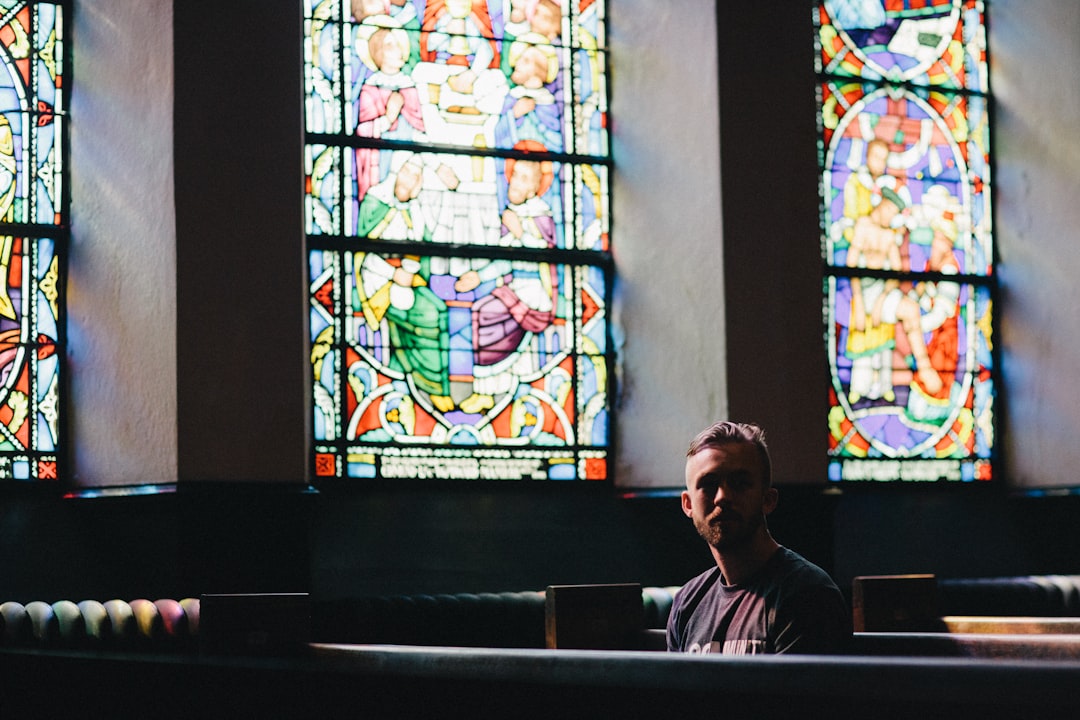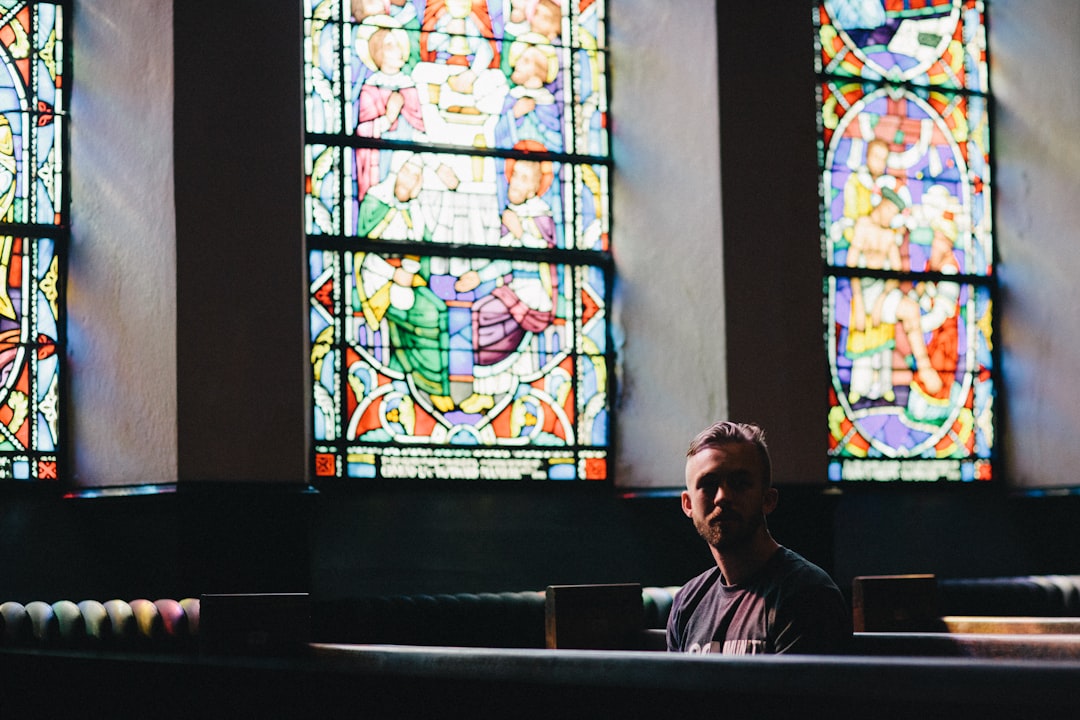Clergy abuse victims in Pennsylvania can seek justice and support from specialized clergy abuse attorneys. These lawyers provide legal guidance, ensure rights are understood, and offer sensitive assistance to navigate complex laws and institutional cover-ups. With strict statutes of limitations, consulting these attorneys promptly is crucial for filing civil lawsuits within 12 years of majority, with exceptions for disabilities or concealed abuse. Support networks, including counseling and hotlines, collaborate with lawyers to aid healing and recovery.
In Pennsylvania, clergy abuse victims face unique challenges as they seek justice and healing. This comprehensive guide explores the legal rights available to those who have suffered sexual or emotional abuse at the hands of religious leaders. We delve into the ramifications of such incidents, the crucial role of clergy abuse attorneys in Pennsylvania, and the legal options for compensation and closure. Understanding time limits and statutory regulations is essential, as is access to support resources for long-term recovery.
Understanding Clergy Abuse and Its Legal Ramifications in Pennsylvania

Clergy abuse, a sensitive and complex issue, refers to any form of mistreatment or exploitation by members of the clergy, including sexual assault, emotional manipulation, or financial coercion. In Pennsylvania, where many religious institutions operate, it’s crucial for victims to understand their legal rights. The state has specific laws in place to protect individuals from such abuse and provide avenues for justice and healing.
If you’ve experienced clergy abuse, consulting with clergy abuse attorneys in Pennsylvania can be a significant step towards recovery and seeking accountability. These legal professionals specialize in handling cases involving religious leaders and institutions, ensuring that victims’ rights are protected and they receive the support they deserve. They navigate the unique challenges of such cases, including potential institutional cover-ups or religious doctrines that might complicate matters.
The Role of Clergy Abuse Attorneys in Supporting Victims

When facing clergy abuse, victims often find solace and support from specialized legal professionals—clergy abuse attorneys in Pennsylvania. These attorneys play a pivotal role in empowering individuals who have experienced trauma within religious institutions. They provide much-needed guidance and expertise, ensuring that victims understand their legal rights and options.
With their extensive knowledge of state laws and church policies, clergy abuse attorneys offer sensitive and compassionate assistance. They help clients navigate complex legal processes while advocating for justice and accountability. Through strategic litigation, negotiations, or mediation, these attorneys strive to secure compensation, prevent future abuse, and bring closure to those affected by clerical misconduct.
Navigating Legal Options for Compensation and Justice

For victims of clerical abuse in Pennsylvania, navigating legal options can be a complex and challenging journey. It’s essential to understand that seeking compensation and justice is not only about financial redress but also holding accountable those who have caused harm. Many survivors turn to clergy abuse attorneys in Pennsylvania for guidance and representation.
These legal professionals specialize in handling such sensitive cases and possess the expertise required to navigate the intricate laws and regulations surrounding clerical abuse. They help victims understand their legal rights, gather evidence, and take appropriate legal action against perpetrators or institutions responsible for the abuse. Through litigation, negotiations, or alternative dispute resolution methods, clergy abuse attorneys Pennsylvania strive to secure justice, closure, and compensation for their clients.
Time Limits and Statutory Regulations for Filing Cases

In Pennsylvania, victims of clergy abuse have a limited time frame to take legal action. The state has specific statutes of limitations for civil lawsuits related to sexual abuse, which vary depending on the type of defendant and the age at which the abuse occurred. Generally, individuals who were victims of clergy abuse as children or minors must file their claims within 12 years of reaching the age of majority. However, there are exceptions and extensions that allow for more time in certain circumstances, such as if the victim was under a disability or if the abuser concealed the abuse.
Understanding these time limits is crucial when considering hiring clergy abuse attorneys Pennsylvania. Victims may have already exceeded the initial deadline, but they could still be eligible for legal redress if their cases involve recurring or recently discovered trauma-related injuries. In such cases, victims should consult with experienced clergy abuse attorneys to explore their options and ensure they do not miss out on potential compensation or justice due to time restrictions.
Healing and Recovery: Support Resources for Survivors

Many survivors of clergy abuse seek healing and recovery through various support resources available in Pennsylvania. This can include counseling services, therapy groups, and peer support networks designed to help individuals process trauma and rebuild their lives. Non-profit organizations and government agencies play a crucial role in providing these services, often collaborating with clergy abuse attorneys Pennsylvania to ensure that victims receive the legal assistance they need while also addressing their emotional and psychological well-being.
Support resources are tailored to meet the unique needs of each survivor. This may involve individual therapy sessions, group counseling, or participation in support groups where individuals can share their experiences and connect with others who have faced similar challenges. Additionally, there are hotlines and online forums that offer immediate assistance and a safe space for victims to express themselves. These resources work collaboratively to foster a sense of community, understanding, and healing for survivors of clergy abuse.






